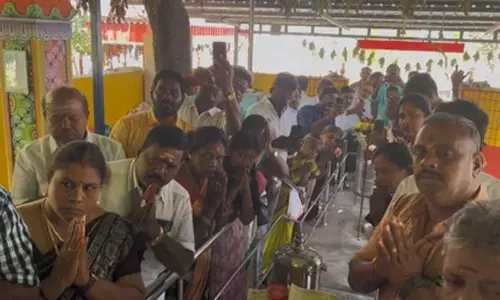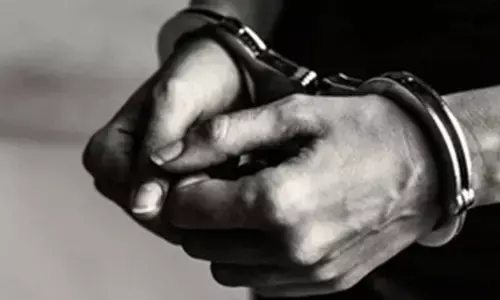Authentication required for E-evidence: SC

In a significant judgment on e-evidences, nine years after it maintained that courts could admit electronic records such as printouts and CDs as prima facie evidence without authentication, the Supreme Court has said that the view is wrong.
In a significant judgment on e-evidences, nine years after it maintained that courts could admit electronic records such as printouts and CDs as prima facie evidence without authentication, the Supreme Court has said that the view is wrong.

The Supreme Court, in a judgment on September 18, observed that “electronic records are more susceptible to tampering, alteration, transposition, excision, and without proper safeguards, the whole trial based on proof of electronic records can lead to a travesty of justice.”
Justice Kurian Joseph, writing the judgment on September 18 for a three-judge bench including Chief Justice of India RM Lodha and Justice Rohinton Nariman, said the position taken by the court in its 2005 Parliament attack case verdict was legally incorrect.
In its judgment in that case (NCT of Delhi vs. Navjot Sandhu), a Bench comprising Justices P V Reddi and P P Naolekar, while deciding on the admissibility of cell phone records of the accused, said the requirement of a certificate authenticating the electronic records could be given the go-by. The prosecution relied extensively on such cell phone records in that case.
“It [the statement] requires being over-ruled, we do so,” the judgment held. Justice Joseph wrote it was pertinent for the Supreme Court to correct its position now as there had been a “revolution” in the way evidence was being produced before courts.
The three-judge bench was dismissing an appeal by PV Anvar, who lost the previous Assembly election from the Ernad constituency in Kerala to P K Basheer. Anvar had contended that his opponent tarnished his image through character assassination using songs and CDs.
Electronic records such as computer print-outs, CDs, pen drives, micro-chips, VCDs and so on are considered “secondary evidence,” as they are copies taken from an electronic device that stores or processes the data. (Blurb)
Section 65B, included in the amended Evidence Act, requires the person in charge of the duplication of data to give the court a certificate that the data are authentic to the best of his or her knowledge.
This specific provision overrules Sections 63 and 65 in the Evidence Act that did not insist on such a certificate while reasoning that copying of electronic data is a mechanical process that does not allow tampering. The 2005 judgment in the Parliament attack case employed the same reasoning.
Correcting it, the judgment held, “Thus, in the case of CD, VCD, chips, etc., the same shall be accompanied by the certificate in terms of Section 65B obtained at the time of taking the document, without which the secondary evidence pertaining to that electronic record is inadmissible.”














